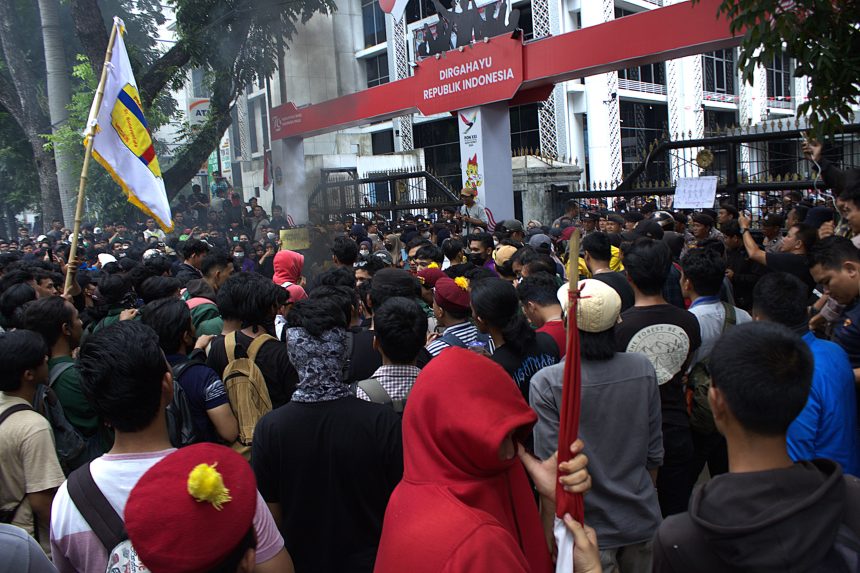Unrest Erupts Over Airy Allowances
Mass protests broke out across Indonesia following the revelation of generous housing allowances—reportedly around US $3,000 per month—granted to parliamentarians, a figure nearly 10 times the minimum wage. Demonstrators, led by student groups and ordinary citizens, voiced outrage over extreme inequality, particularly as many Indonesians struggle with rising living costs and unemployment.
Deadly Clashes and Escalating Violence
The situation deteriorated sharply after a delivery driver, Affan Kurniawan, was fatally struck by a police vehicle during a rally in Jakarta, amplifying public fury. The unrest swiftly escalated into one of Indonesia’s most intense periods of civil unrest in decades, with at least five to six deaths reported. Protesters targeted government buildings and homes of lawmakers, a reflection of palpable societal anger.
Government Backs Down—Partially
In an extraordinary move to ease tensions, President Prabowo Subianto announced the immediate cancellation of the controversial housing allowances and imposed a moratorium on overseas trips for members of parliament—concessions rare in recent memory. Despite these measures, protest leaders and civil society groups argued they were insufficient, demanding deeper structural reforms targeting political oligarchy and economic disparity.
President’s Stern Rebuke
Simultaneously, Prabowo issued a stern warning, labeling some protest actions as “anarchic,” “terrorism,” and even “treason.” He directed security forces to clamp down forcefully on rioters and looters, while also urging peaceful demonstrations and promising investigations into police conduct—particularly regarding the fatal incident involving Kurniawan.
Markets Jittery as Unrest Lingers
Indonesia’s financial markets reacted sharply, with the Indonesia Composite Index plunging nearly 3.6% before modestly recovering. The rupiah only managed a slight lift (approximately 0.3%), while 10-year bond yields rose moderately. Analysts warn the situation remains fragile; stability hinges on how swiftly the political and security landscape can normalize .
Wider Implications
- Despite revoking parliamentary perks, the move doesn’t address widespread calls for accountability, police reform, and reductions in economic disparities .
- The unrest highlights a growing disconnect between governing elites and the broader populace, echoing themes from Indonesia’s turbulent past .
- Implementation of deeper reforms—such as demanding asset transparency, restructuring police authority, and reining in political patronage—remains pending amid escalating public pressure.
Looking Ahead: Stability Hanging by a Thread
With tensions still simmering, the government’s concessions may mark only the beginning of a broader reckoning. Further protests, likely backed by civil society coalitions pushing comprehensive reform, may continue unless meaningful changes emerge. Meanwhile, economic volatility and public distrust loom large in Indonesia’s near-term horizon.











